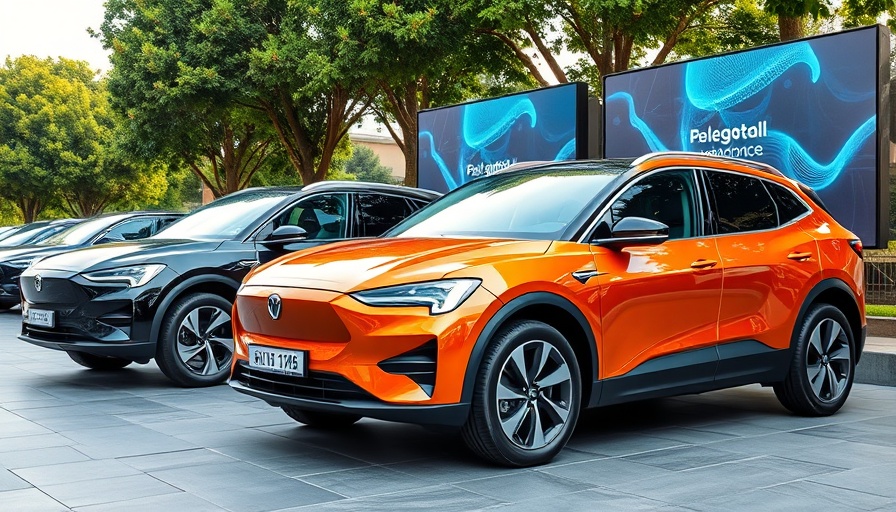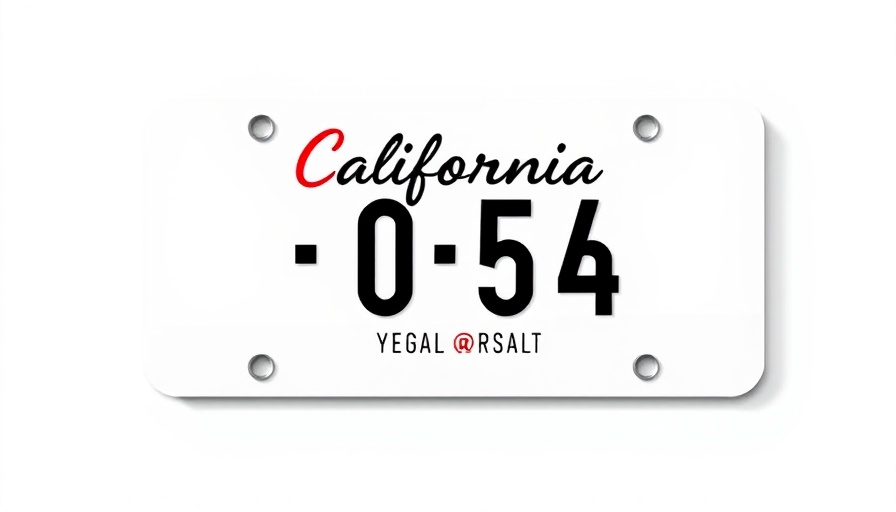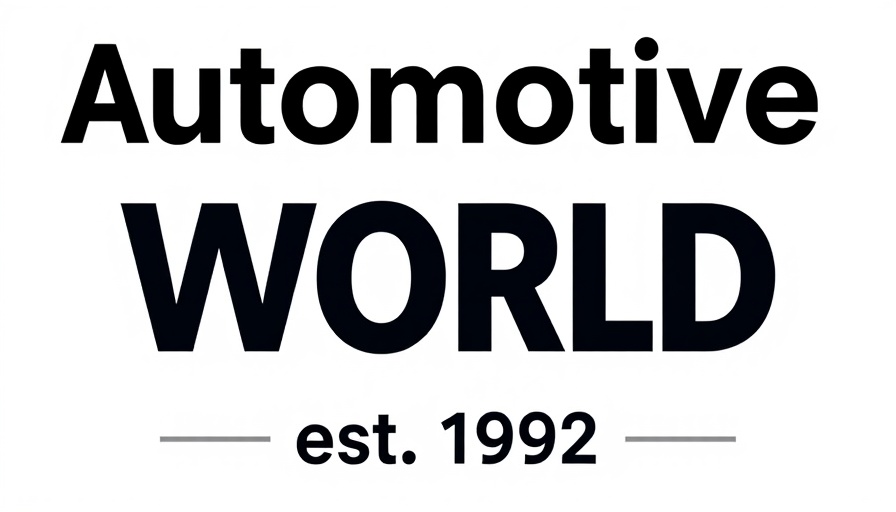
Why Range Anxiety is Shaping Hybrid Choices in the Auto Industry
At the 2025 CES in Las Vegas, Scout Motors CEO Scott Keogh shared an insightful observation about the growing consumer preference for hybrids over pure electric vehicles (EVs). The main culprit, he noted, is range anxiety—a common concern about insufficient charging infrastructure limiting travel distances.
The Rising Appeal of Scout's Hybrid Models
Scout Motors' upcoming Traveler SUV and Terra pickup truck are set to include a powertrain, known as Harvester, which combines a gasoline engine with a battery. This setup aims to extend travel range to approximately 500 miles, considerably more than the 350 miles offered by battery-only models. Keogh highlighted that consumers are clamoring for these vehicles, attributing the appeal to America's uneven embrace of EVs and the still-developing charging infrastructure. These factors collectively fuel preference for hybrid models among consumers worried about reaching distant destinations.
Historical Context and Background: The Legacy of Scout
The re-emergence of Scout under Volkswagen Group harks back to its roots when International Harvester initially manufactured Scout trucks between 1961 and 1980. Recognizing the enduring charm of the original Scout, the brand embraces retro styling and a body-on-frame architecture. This combination of nostalgia and modern technology seeks to carve a space within the competitive auto market, catering to enthusiasts looking for timeless design paired with contemporary features.
Counterarguments and Diverse Perspectives on EV Adoption
While some markets show a strong preference for all-electric vehicles, others remain skeptical due to perceived inconveniences related to charging. Keogh underscores that, by incorporating the range-extending gasoline engine, the Harvester models essentially eliminate these stumbling blocks. Critics, however, argue that hybrids could slow down the broader adoption of more sustainable, fully electric vehicles. By addressing these concerns transparently, Scout Motors aims to strike a balance between regions with varying levels of EV infrastructure.
The Future of Sustainable Travel
With production expected to begin in 2027, Scout plans to tailor its production mix based on evolving consumer demands and charging network developments. The company's strategy underscores a trend where flexibility and adaptation to market needs could be key drivers for success as the automotive industry pivots towards increased sustainability.
 Add Row
Add Row  Add
Add 




Write A Comment